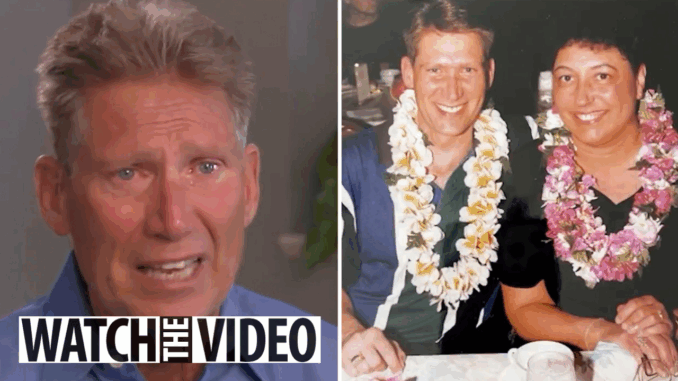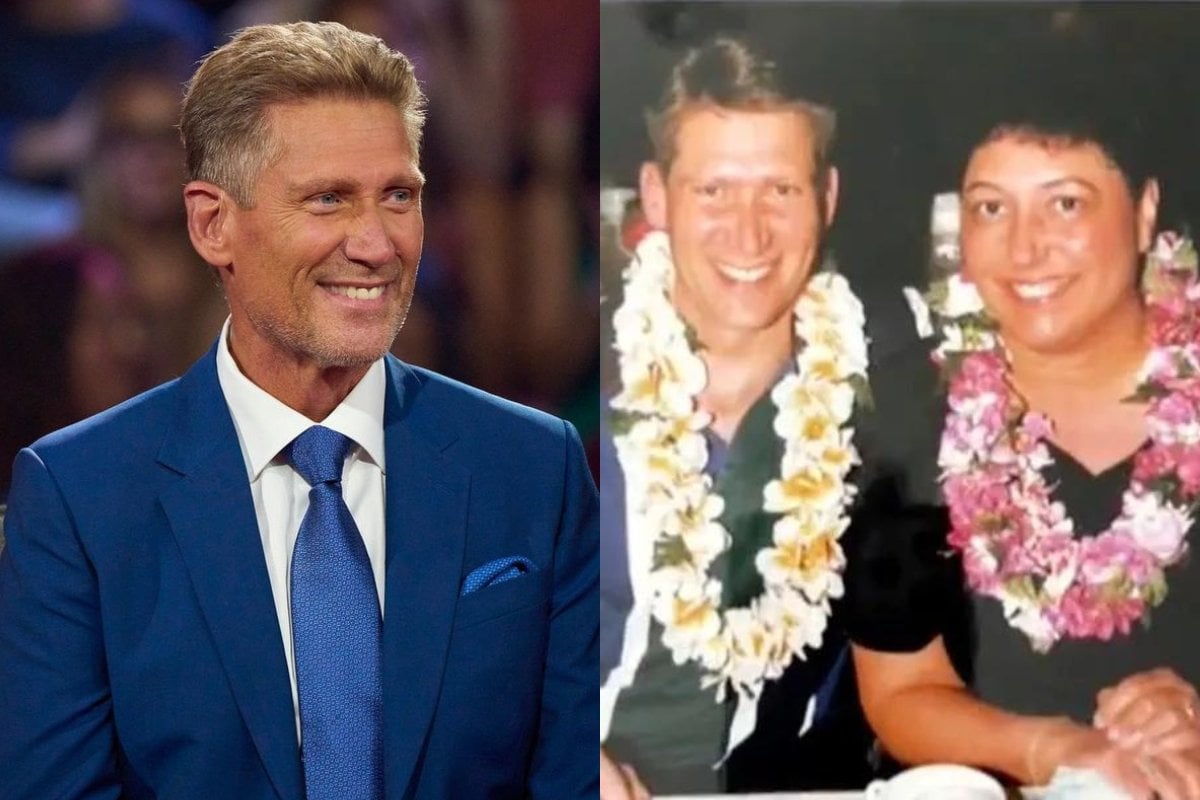
A Softer, Deeper Love Story
Reality dating shows have long thrived on drama, youth, and whirlwind romances — often with tears, tantrums, and tropical backdrops. But The Golden Bachelor steps into this formula with a different kind of heart. It doesn’t shout. It doesn’t rush. Instead, it whispers stories of resilience, second chances, and silver linings.
In a season that feels more like a reflective memoir than a competition, viewers watch Gerry Turner — a 72-year-old widower — search not for fireworks, but for companionship. The result is a slower, deeper love story. It’s less about adrenaline and more about trust. Less about lust and more about laughter at the kitchen table.
This shift isn’t just refreshing. It’s revolutionary.
Real Talk, Real Stakes
What sets The Golden Bachelor apart isn’t just the age of its participants — it’s their emotional maturity. These are people who’ve lived, loved, and lost. They don’t speak in clichés. They speak from scars.
During one group date, the women are asked to share defining moments in their lives. Unlike the usual “what’s your favorite color” small talk, the stories that emerge include battling breast cancer, losing a child, rebuilding after divorce, and learning to live alone again. There’s a rawness to these conversations that doesn’t feel edited for TV — it feels lived-in.
Gerry doesn’t flinch from these truths. He leans in. He listens. And often, he cries too.
The stakes here aren’t just about who wins the final rose. They’re about who’s willing to let their guard down again. Who’s ready to share a home, a dog, maybe a grandchild’s recital. It’s not about a fantasy. It’s about fitting into each other’s reality.
Women With Something to Say
The contestants in The Golden Bachelor are some of the most compelling the franchise has ever seen. They’re not here to “build a brand.” They’re here because they’ve been through enough to know what they want — and what they won’t settle for.
Take Sandra, a former teacher and mother of three. She enters the show with grace, sharp humor, and the kind of self-respect that comes from decades of personal growth. She makes no apologies for her standards — and her confidence is magnetic.
Or Faith, a musician who sings for Gerry by the fireplace in one of the most unexpectedly romantic scenes of the season. Her song isn’t perfect. But the emotion in her voice carries more weight than any polished performance. It’s a moment of simple, unscripted connection — and it’s spellbinding.
These women uplift each other too. In a franchise often known for cattiness and conflict, The Golden Bachelor showcases genuine friendships. When one contestant leaves unexpectedly after a health scare in her family, the others gather around her, offering support instead of judgment. That kind of sisterhood is powerful television.
Aging Without Apology

Perhaps the most radical thing The Golden Bachelor does is show aging without apology. Wrinkles are not blurred out. Gray hair isn’t dyed away. And yet, the show is filled with beauty — radiant, joyful, deeply human beauty.
There are jokes about knees cracking during group activities. There are moments of forgetting things mid-sentence. And yes, there are questions about whether people are ready to get married again after decades of being single. But these aren’t framed as problems. They’re just part of the journey.
In a culture that often renders older people invisible, The Golden Bachelor says: “You’re still worthy. You still matter. You can still fall in love.”
Not Just for the Older Crowd
Though the show stars seniors, its audience is surprisingly diverse. Millennials and Gen Z viewers have taken to social media to share how the series changed their view of relationships — and aging. For many, it offered a glimpse into what real, sustainable love could look like.
Some even watched with their parents or grandparents, bridging generational gaps through shared tears and laughter. It’s not unusual to hear someone say, “My mom and I haven’t bonded over a show like this in years.”
And maybe that’s the real magic. The Golden Bachelor isn’t just a dating show. It’s a multi-generational conversation about grief, growth, and what comes next.
A New Kind of Happy Ending
In the final episode, when Gerry makes his choice, it doesn’t feel like the end of a game. It feels like the start of something hard-earned and hopeful. There are no fireworks or staged proposals. Just two people holding hands, promising to try again — not despite their pasts, but because of them.
In doing so, The Golden Bachelor offers us a new kind of happy ending. One that’s softer, wiser, and all the more beautiful for its imperfections.